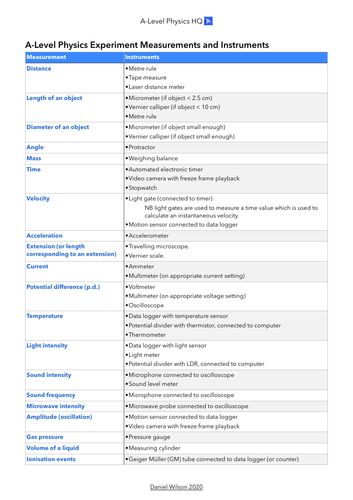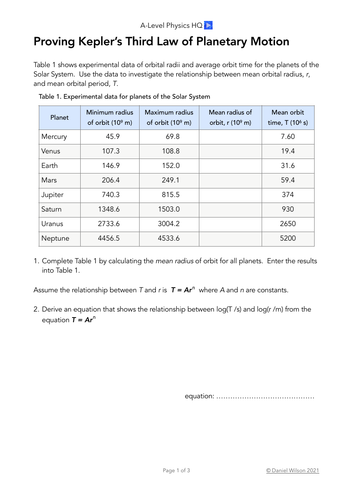Daniel Wilson's Shop
I'm an A-Level physics teacher. In my opinion independent learning is the key to success so I focus a lot of effort into making resources to help students learn physics independently. A lot of what I make is available for free on YouTube. My website has links to everything. I'm starting to offer my free downloads on https://wonkylogic.co/a-level-physics-hq which does not require a log in to download.
















